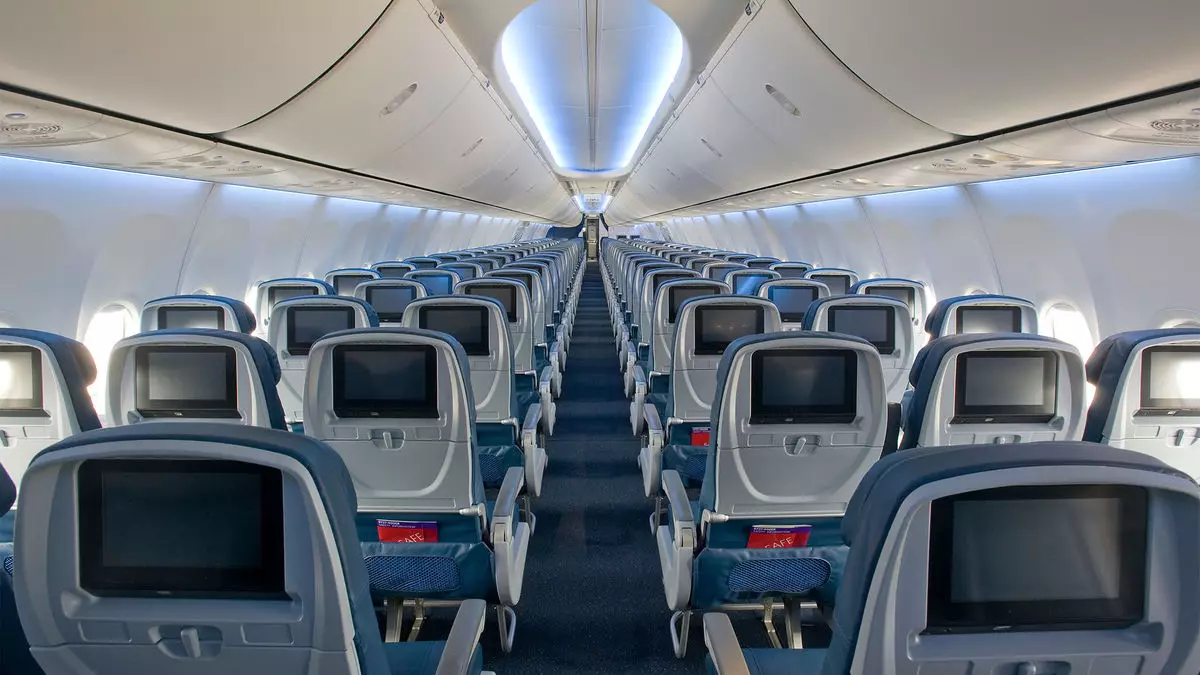In a striking move that aims to reshape the customer journey, Delta Air Lines is rebranding its flight categories starting October 1. The introduction of new product names—Delta Main, Delta Comfort, and Delta First—brings a refreshing angle to the travel experience. This branding shift is not merely cosmetic; it represents Delta’s commitment to enhancing customer expectations, reflecting a broader trend in the airline industry where differentiation and customer service are closely linked.
Understanding the New Class System
Delta’s new nomenclature may seem like just another marketing gimmick, but it actually underscores a significant change in how the airline delineates its services. Delta Main, for example, replaces the previous Main Cabin label, a move that encourages passengers to think of their travel experience in terms of value and comfort. While Delta Premium Select and Delta One keep their original names—a testament to their premium offerings—the introduction of three distinct options within Delta Main—Basic, Classic, and Extra—demonstrates a keen understanding of varying customer needs.
These tiers cater to a wide audience: those looking for the bare essentials versus travelers who prioritize comfort and flexibility. Basic, Classic, and Extra offer differing levels of amenities and privileges, allowing passengers to select a travel option that best aligns with their budget and comfort preferences. The departure from just a singular Main Cabin category to a more segmented approach reflects a growing recognition that consumers are not a monolith; they seek personalized travel experiences.
The Relevance of Enhanced Benefits
Shifting focus to the specifics, the delineations in benefits associated with Delta’s new offerings are particularly noteworthy. The Basic option remains largely unchanged from Basic Economy, with its inherent limitations such as last-minute seat assignments, lower boarding priority, and the absence of any chance to earn miles or enjoy Sky Club access. It does, however, remain a practical choice for budget-conscious travelers.
On the other hand, the Main Classic tier opens a plethora of advantages, including potential refunds, better boarding priority, and mileage accumulation. This tier is representative of Delta’s effort to not only entice customers but also reward loyalty—a strategy that can significantly enhance customer retention. The added layer of Extra further elevates the experience, offering additional perks like higher boarding priority and greater mileage earning potential, ensuring that travelers seeking flexibility and comfort have options.
Impact on Travel Dynamics
The introduction of such segmented categories signifies a pivotal moment in air travel, emphasizing that consumer preferences have evolved. The burgeoning aviation landscape has seen an increasing demand for tailored travel solutions, and Delta’s strategic move could set a precedent. By recognizing that different segments of customers prioritize different services, Delta is placing itself at the forefront of industry innovation.
The implications of these changes extend beyond Delta’s immediate customer base. Competitors will have to reevaluate their own service structures in response to this rebranding. In a market where customer satisfaction drives loyalty, Delta’s new structure could inspire other airlines to adopt similar strategies, ultimately benefiting travelers with more diverse and adaptable service offerings.


Leave a Reply